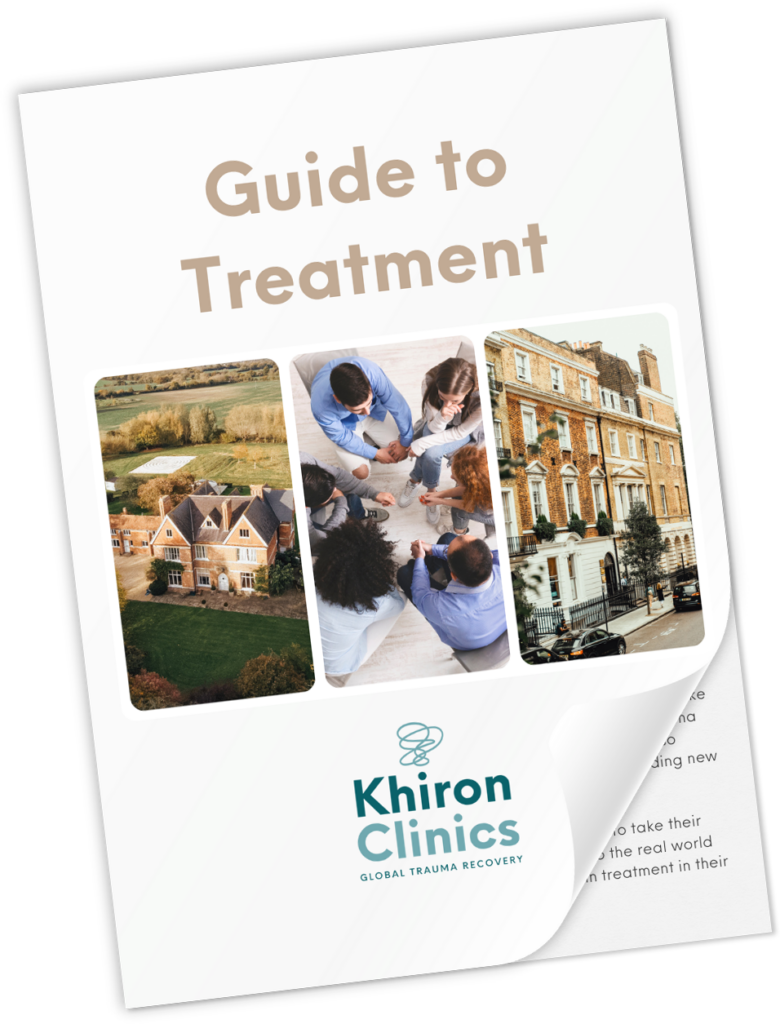There are many components that may comprise addiction recovery: medication, individual psychotherapy (also known as “talk therapy”), group therapy, and holistic activities such as massage therapy, meditation, acupuncture, and more. Holistically, a variety of all these components can really create a well-rounded, effective form of treatment. Methadone is a form of medication that is used widely for heroin and narcotic pain medication addiction. As the Substance Abuse and Mental Health Services Administration (SAMHSA) states, methadone changes how the brain and central nervous system respond to pain – it lessens the painful effects of withdrawal, between 4-8 hours at a time.
Methadone is known as an opioid (narcotic) analgesic. Medication-assisted therapy often involves the use of a medication, such as methadone, in place of a person’s drug of choice in order to help wean them off of drugs and/or lessen the pain associated with detoxification. A person’s addiction is not replaced with methadone addiction, as maintenance is closely monitored in a safe environment. As the National Institute on Drug Abuse (NIDA) states, methadone produces gradual onsets, and significantly reduces a person’s desire to use opioids. Chapter 7 of a book titled, “Drug Addiction” stated that in 2005, the World Health Organization (WHO) listed methadone (along with the drug buprenorphine) as an essential drug for the treatment of opioid dependence.
Ultimately, methadone is a maintenance medication; it helps individuals find stability while trying to adapt to their mind and body’s responses to detoxification. When methadone is prescribed, it is tailored to your current needs – for example, a shorter term of detoxification would typically require smaller doses of methadone, while longer detoxification terms would potentially require higher doses of methadone, especially if the drug addiction is more severe. Overall, it’s important that you follow exact directives given by your healthcare team, and make them aware of any symptoms or side effects that cause you concern.
If you haven’t already, speak with a someone today to learn more about treatment options that may best suit your needs. Recovery is possible.
Stop the cycle of merry-go-round treatment and find the solution you’re looking for in trauma treatment. Through effective residential treatment, Khiron House helps you find the path you need toward health and wellness in recovery. For information, call us today. UK: 020 3811 2575 (24 hours). USA: (866) 801 6184 (24 hours).


